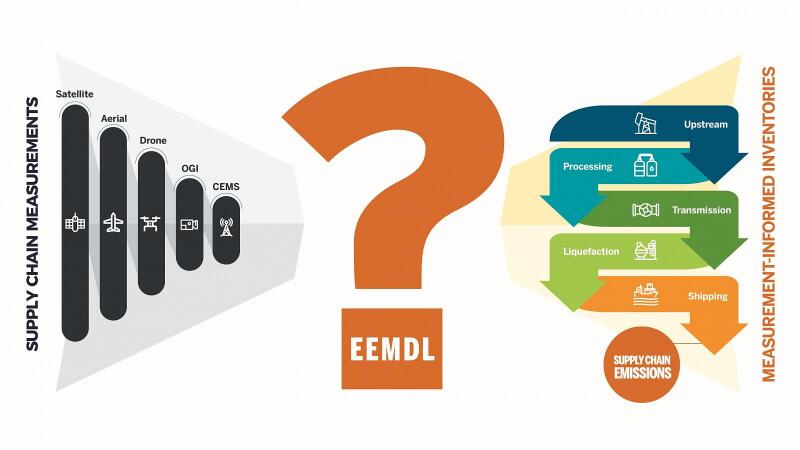Accurate and transparent reporting of greenhouse gas emissions across global oil and natural gas supply chains will be the focus of a new multidisciplinary research and education initiative from the Cockrell School of Engineering at the University of Texas at Austin. The program, the Energy Emissions Modeling and Data Lab (EEMDL), will help public and private institutions develop climate strategies based on the verified data supplied by the lab. Education and training courses will also be provided help oil and gas operators, government agencies, and other stakeholders utilize the tools and data.
This project is the result of collaboration from several educational institutions including the Cockrell School of Engineering, Colorado School of Mines’ Department of Applied Math and the Payne Institute, and the Methane Emissions Program at Colorado State University. The $50-million project is sponsored by several major energy companies including Cheniere, EQT, and Williams.
EEMDL’s goals for its first year include:
- Publish a US Methane Census that integrates up-to-date measurement data across US oil and gas operations. The census will be updated annually and will help serve as a benchmarking tool.
- Develop emissions reconciliation and measurement integration protocols and tools that help companies close the gap between direct measurements and engineering estimates of emissions. This tool will integrate data from monitoring systems such as satellites, aerial flyovers, continuous monitors, and operational data.
- Create supply chain emissions analysis tools that provide estimates of methane emissions across individual oil and gas supply chains. Investors, customers, and the public can use this tool to better understand emissions associated with the production and transportation of oil and gas resources.
The program’s inaugural course will take place in March. Learn more about EEMDL.

